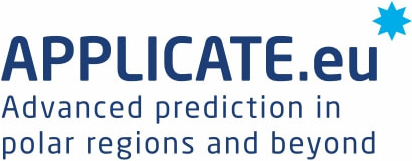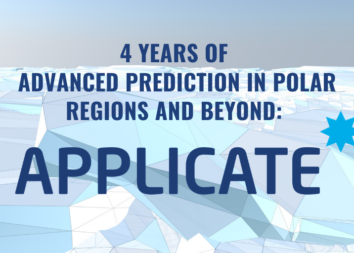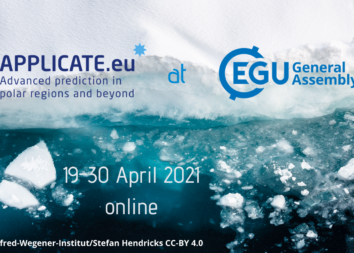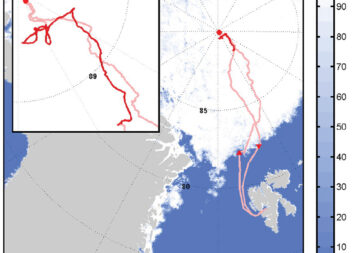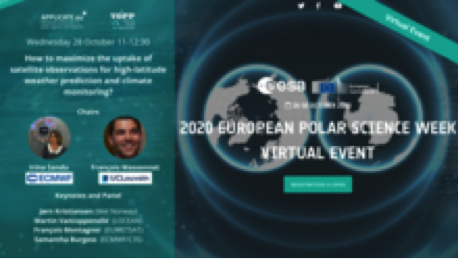
YOPP-APPLICATE Virtual Session on Satellite Observations for High-Latitude Numerical Weather Prediction
11. October 2020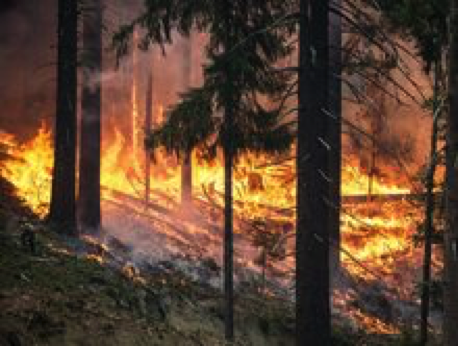
New Polar Prediction Matters Contribution – Is Alaska Prepared for Extreme Wildfires?
11. November 2020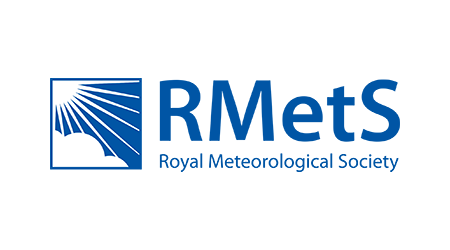
The Royal Meteorological Society (RMetS) calls for manuscripts to contribute to a special collection in their Quarterly Journal to gather various studies on the impact of polar observations on predictive skill in polar regions and beyond.
The RMetS Quarterly Journal (QJRMS) is one of the world’s leading peer-reviewed scientific journals on meteorology. A special issue of the Quarterly Journal has currently been opened to gather studies that document the impact of polar observing systems on the accuracy of predictions from hours to months ahead and on climate monitoring capabilities. The special issue will also provide recommendations on how to increase the uptake of existing polar observations in prediction systems, and to guide the design of future observing systems in polar regions. Some of the studies to be published in the Quarterly Journal’s special collection will rely on extensive numerical experimentation performed in the framework of the Year of Polar Prediction (YOPP) and the YOPP-endorsed H2020 project APPLICATE.
Part of the special issue relies on so-called Observing System Experiments (OSEs) for which certain observations were withdrawn, or denied, from the data assimilation system which is used to create initial conditions for weather forecasts. As part of this effort for which articles are already available, coordinated OSEs in which observations were denied in polar regions, were performed for the first time at several operational weather centres, including the ECMWF, Environment and Climate Change Canada, German Weather Service (DWD) and Met Norway. The results of the Observing System Experiments were analyzed to better understand the impact of observations on short and medium-range forecast skill. OSEs covered the YOPP Special Observing Periods in 2018 and 2019 in both, the Arctic and the Antarctic. The RMetS Quarterly Journal special issue also welcomes OSEs studies covering longer time scales, e.g., analyzing the impact of degrading initial oceanic and/or sea ice initial conditions on the predictive skill at sub-seasonal to seasonal time scales, as well as studies that use numerical experimentation to explore the possible added value of recently available or hypothetical observations (for which instruments are not deployed yet) on predictive skill.Submission are due on 31 December 2021. Find further information including the link to submit your manuscript here.
(is/lh/kw)
